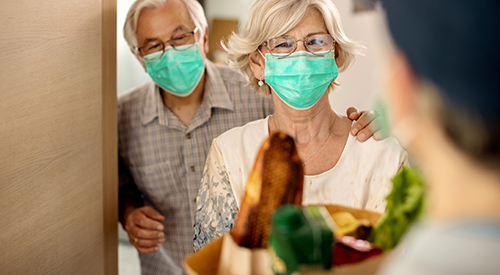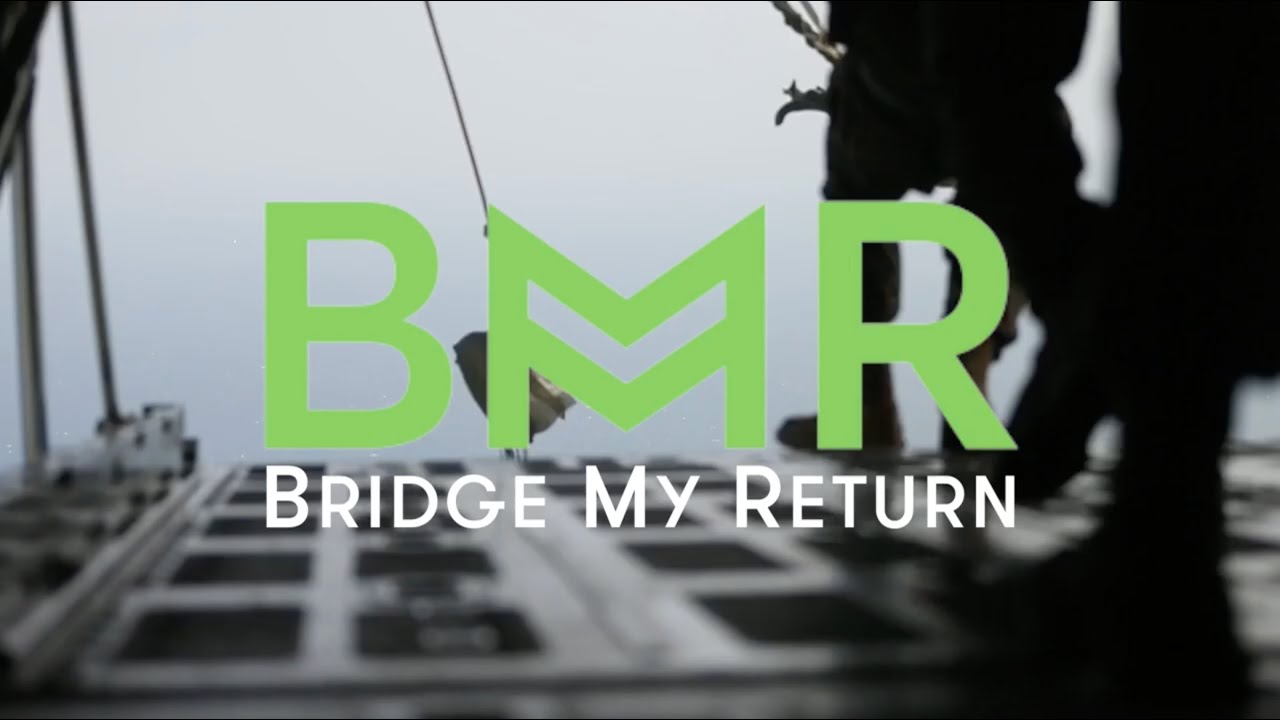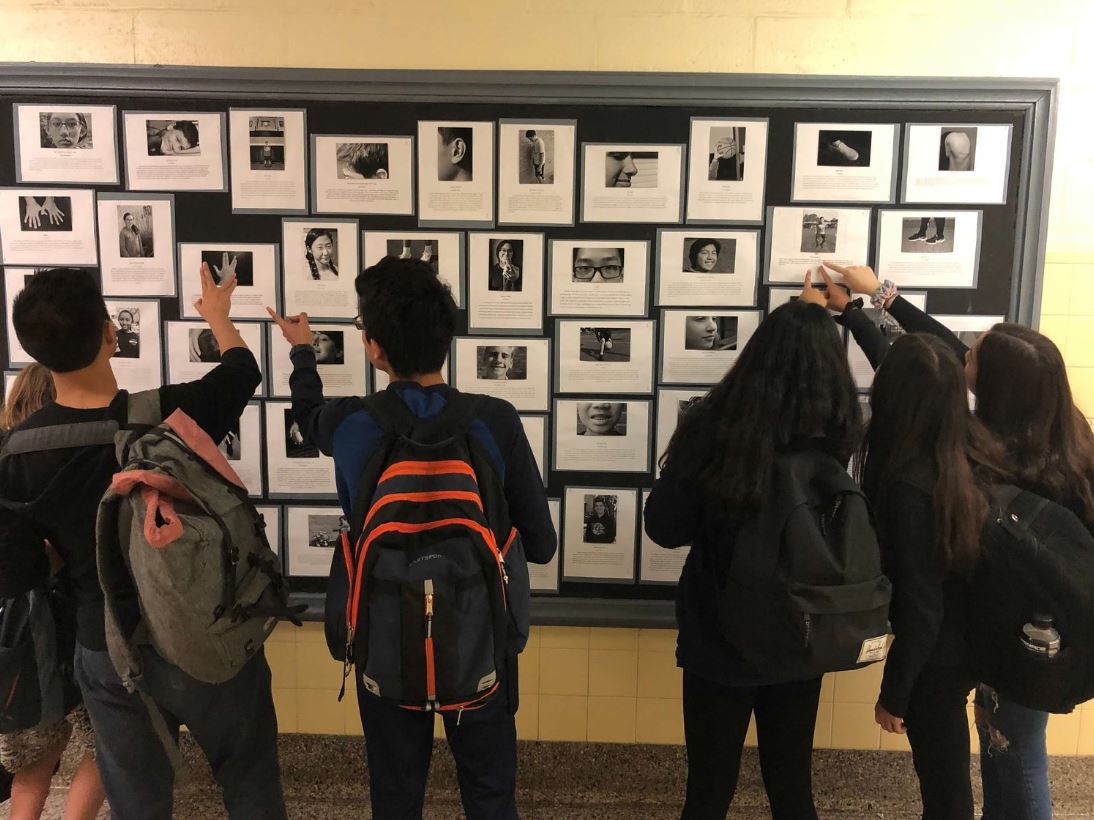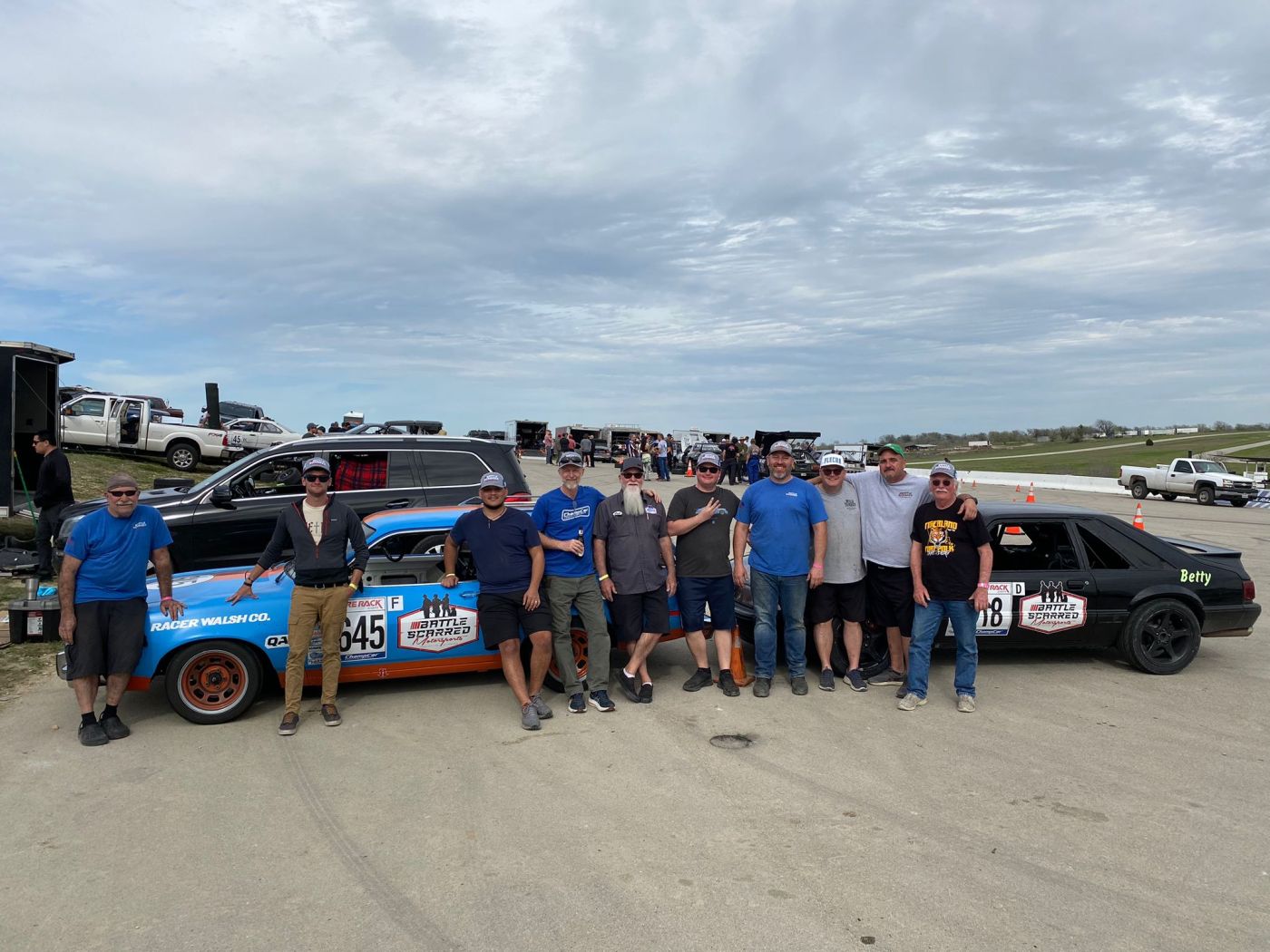During National Family Caregivers Month in November, we gave thanks for the essential role that caregivers play in ensuring the health and well-being of the estimated 53 million Americans today who care for someone who cannot care for themselves.
Almost 6 million of those caregivers support a military service member or Veteran. Even more assist a Veteran’s surviving spouse or child by answering a call that – like military service itself – is both hard and honorable. I know, I have proudly served in uniform and I humbly spent years holding the hands of Veterans I love and helping to heal the hearts of those they loved.
The military caregiver’s journey was seldom known until the Commission on Care for America’s Returning Wounded Warriors, co-chaired by Sen. Bob Dole, which was launched in 2007 to improve the recovery of wounded, ill and injured Veterans. The resulting report also highlighted the role and plight of military caregivers, often forgotten and undervalued.
The joint Federal Recovery Care Coordination Program (FRCP) was one of the initial responses, built directly – if not perfectly – on the recommendations to improve the coordination of care by including caregivers in the development of a comprehensive plan and to recognize their own needs.
Attention to these needs also came from Congress, Veteran service organizations and another Sen. Dole, who emerged to ensure that the voice of these caregivers had a megaphone through the Elizabeth Dole Foundation Hidden Heroes program.
In the last few years, the voices of Veterans and their caregivers have not only been given new avenues for expression, but they have been amplified and incorporated into the basis of VA’s priority mission of customer service.
VA Secretary Robert Wilkie has said, “VA is not only listening to our Veterans, but to the voices of their families, caregivers and survivors.”
Caregivers have told us that to fulfill their role with some hope of success for their loved one, themselves and their family, they needed: immediate access to clear and accurate information; home health care assistance; respite support; training and peer support; legal aid and financial benefits; and monetary support for the services many had been unconditionally and freely offering for so long. VA has responded by:
- Live answering over 463,000 calls 24/7 through the White House VA/Hotline to provide immediate information and expedite requests for assistance.
- Answering over 628,000 Veteran and caregiver frequently asked questions and providing 330,000 referrals to clinical providers through a new VA 411 Contact Center.
- Collecting caregivers’ feedback on appointment waiting protocols through new COVID-19 VSignals surveys by offering the “I am here” feature for virtual check-ins.
- Offering the Annie Caregiver Text Support app so that caregivers can choose to receive stress management tips, self-care for Veterans and motivational activities.
- Increasing the use of telehealth by 4,000% to improve caregiver home-based access to care and clinical outcomes for Veterans most at risk.
- Delivering over 7,400 donated portals from Facebook to reduce Veteran and caregiver isolation with the support from strategic partners.
- Communicating with Veterans and caregivers about their specific care needs and services over 32 million times through tailored VEText messages during COVID.
- Training over 300+ VA health care providers on the involvement to caregivers in Veteran patient care with the EDF Academy for Inclusive Care.
- Reaching tens of millions of Veterans and caregivers with news to use through VA’s weekly VetResources newsletter.
- Establishing the first Veterans’ Families, Caregivers, and Survivors Federal Advisory Committee to help inform VA’s expansion of the Program of Comprehensive Assistance for Family Caregivers, which will assist eligible Vietnam-era Veterans with caregivers.
- Offering 40,000+ hours of non-medical home care for more than 1,600 Veterans and wounded warriors through a VA partnership with EDF and CareLinx.
- Creating a new Center of Excellence for Veteran and Caregiver Research to investigate the impact of COVID-19 on all who receive and provide care.
We have come a long way since 2007. As one champion caregiver recently said, “VA has demonstrated a desire to listen, to care, to support and to learn from us, but there is still a lot of work to be done to ensure Veterans caregivers are validated, included and supported in their role all across America.”
Lynda C. Davis is VA’s chief Veteran Experience Officer.
This opinion article was originally published by the Washington Times on December 2, 2020.
Topics in this story
More Stories
Bridge My Return launched a software re-build to its hiring platform with an improved AI-driven, skills-matching algorithm and military skills translator.
The Project Flaunt Hub is an online platform of videos, interactive programs and activities. It is designed to empower children, their families and/or caregivers to accept themselves and in doing so, embrace others.
Power of motorsports and road course endurance racing to provide adrenaline therapy and create positive change in the lives of veterans and first responders.







I am a Vietnam veteran and a navy retired my wife had to quit her business to stay at home and take care of me. I have a 50 p/0 disability hearing loss. I cannot do any thing by myself are they anything the va can or will do to help us out with financial aid